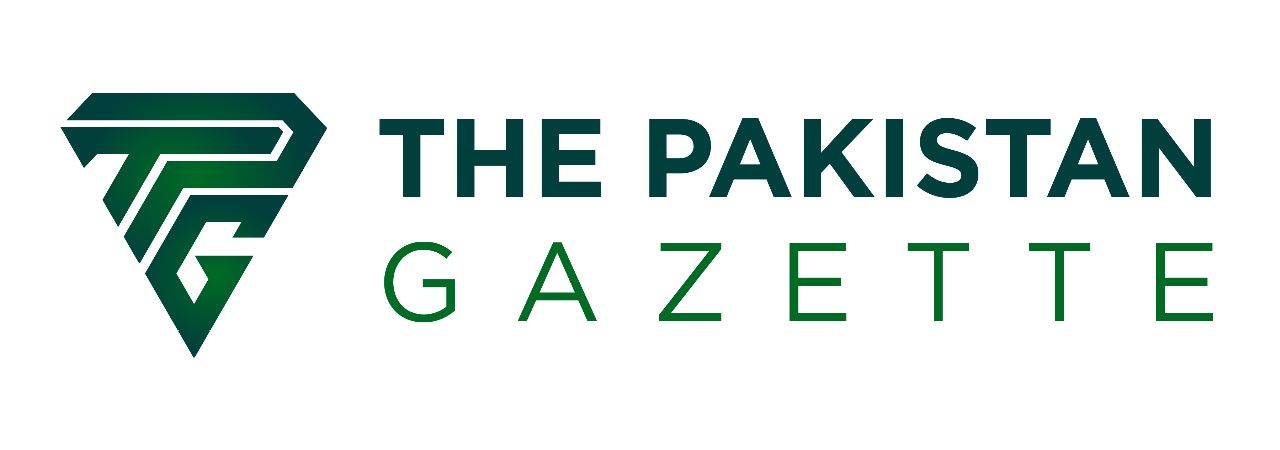
Humanity and Humanism
What is Humanity
Humanity refers to the collective attributes, characteristics, and behaviours of human beings as a species. It encompasses the social, cultural, and intellectual developments that have shaped human history and civilization, as well as the fundamental biological characteristics that define us as a species, such as our capacity for language, reason, and consciousness.
In a broader sense, humanity can also refer to the inherent value and worth of human life, as well as the moral and ethical principles that guide our interactions with each other and with the natural world. This includes concepts such as human rights, compassion, and social responsibility, which are central to many philosophical, religious, and cultural traditions.
What is Humanism
Humanism is a philosophical and ethical approach that emphasizes the value and agency of human beings, individually and collectively, and generally prefers critical thinking and evidence over the acceptance of dogma or superstition. It is a broad and diverse movement that encompasses a range of perspectives and beliefs, but it is generally characterized by a focus on human reason, autonomy, and flourishing.
Humanism emphasizes the importance of human dignity, freedom, and equality, and often emphasizes the importance of individual rights, social justice, and environmental sustainability. It also stresses the importance of education and inquiry as means to foster human development and progress.
Humanism has been influential in shaping many aspects of modern Western culture, including politics, education, and social norms. It has also influenced various fields of study, such as psychology, sociology, and literary criticism.

Role of Personal Liberty in Human Dignity and Human Happiness
Personal liberty plays a significant role in human dignity and human happiness. Human dignity is the inherent worth and value of every human being, and personal liberty is the freedom to make choices about one’s own life and pursue one’s own goals and aspirations.
When individuals have the freedom to exercise their personal liberty, they can pursue their interests and goals without fear of oppression or persecution. This promotes human dignity because individuals can live their lives according to their own values and beliefs, rather than being forced to conform to the values and beliefs of others. Personal liberty also allows individuals to express themselves freely and engage in creative and intellectual pursuits, which can contribute to their sense of self-worth and fulfilment.
Moreover, personal liberty is closely linked to human happiness. When individuals have the freedom to pursue their own interests and goals, they are more likely to experience a sense of purpose and meaning in their lives. This can lead to greater life satisfaction and overall well-being. Conversely, when individuals are denied their personal liberty, they may experience feelings of frustration, powerlessness, and despair.
In summary, personal liberty is an important component of human dignity and human happiness, as it allows individuals to live their lives on their own terms and pursue their own interests and goals.
Admin at The Pakistan Gazette

